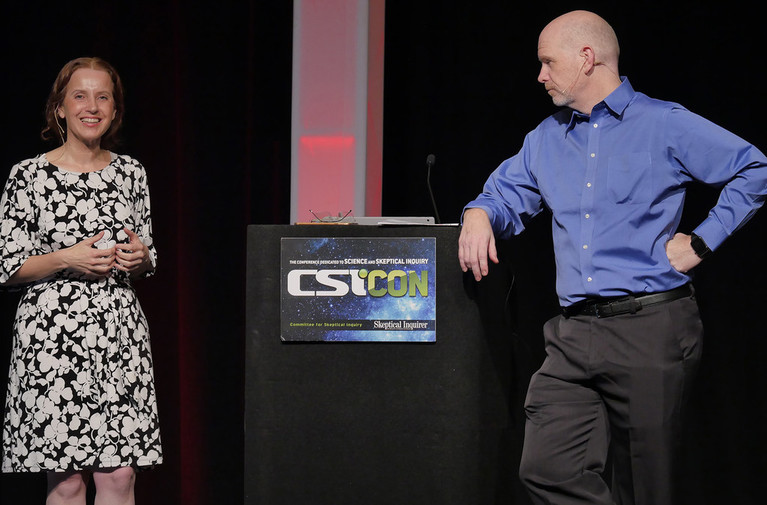Apple Faces New Class Action Copyright Claim Over AI Training on Scientific Books
In a escalating wave of legal challenges against Big Tech’s AI ambitions, Apple has been slapped with a class-action lawsuit in California federal court by two prominent neuroscientists, accusing the company of copyright infringement for training its Apple Intelligence AI model on thousands of pirated books, including their own works. Filed on October 10, 2025, the complaint alleges that Apple scraped unauthorized copies from illegal “shadow libraries” and other infringing online sources, bypassing permissions and fair use protections to fuel its generative AI features for iOS devices like the iPhone and iPad.
The Plaintiffs and Their Claims
The suit was brought by Susana Martinez-Conde and Stephen Macknik, professors at SUNY Downstate Health Sciences University in Brooklyn, New York, who claim Apple unlawfully replicated their bestselling neuroscience books: Champions of Illusion: The Science Behind Mind-Boggling Images and Mystifying Brain Puzzles (2017) and Sleights of Mind: What the Neuroscience of Magic Reveals About Our Everyday Deceptions (2010). According to the 32-page complaint, Apple incorporated these and up to 7 million other copyrighted titles into vast datasets for training Apple Intelligence, a suite of AI tools unveiled at WWDC 2024 that powers features like enhanced Siri and image generation. The neuroscientists argue this not only violated their copyrights but also devalued their intellectual property, as Apple’s stock surged over $200 billion in market value the day after the AI announcement—described in the filing as “the single most lucrative day in the history of the company.”
The plaintiffs seek unspecified monetary damages, an injunction to halt further use of their works, and class certification for other affected authors. Their attorney, Benjamin A. Lilienfeld of Geragos & Geragos, emphasized in the complaint that “Apple’s brazen theft of creative works to power its AI ambitions cannot stand,” drawing parallels to similar suits against OpenAI, Meta, and Microsoft.
Apple’s Alleged Methods and Broader Context
The lawsuit details how Apple allegedly relied on pirated libraries like Library Genesis and Z-Library, which host millions of scanned books without author consent, to build its training corpus. This mirrors industry-wide scrutiny over AI data practices, where tech firms have faced accusations of “data piracy” to accelerate development. Apple has not yet responded to the complaint, with spokespeople declining immediate comment. However, the company has previously defended its AI training as transformative and compliant with fair use doctrines in other contexts.
This case adds to a growing roster of AI copyright battles: Just weeks ago, authors like Sarah Silverman sued OpenAI and Meta over similar unauthorized use of books, while The New York Times targets OpenAI for scraping news articles. Legal experts predict these suits could redefine “fair use” in the AI era, potentially forcing companies to license content or face billions in liabilities.
Reactions and Ripple Effects
The news has sparked swift backlash online, with X users decrying Apple’s “hypocrisy” given its privacy-focused branding. Posts from outlets like Fast Company and Cybernews highlighted the irony, garnering thousands of views and shares. One viral thread noted, “Apple joins the AI theft club—OpenAI, Meta, now Cupertino? Authors deserve better,” reflecting broader concerns about creators being sidelined in the generative AI boom. Analysts warn that a loss could delay Apple Intelligence rollouts and inflate costs, as the company scrambles to audit its datasets amid regulatory probes in the EU and U.S.
As the case unfolds in the U.S. District Court for the Northern District of California, it underscores the high-stakes tension between innovation and intellectual property rights in the AI arms race.
